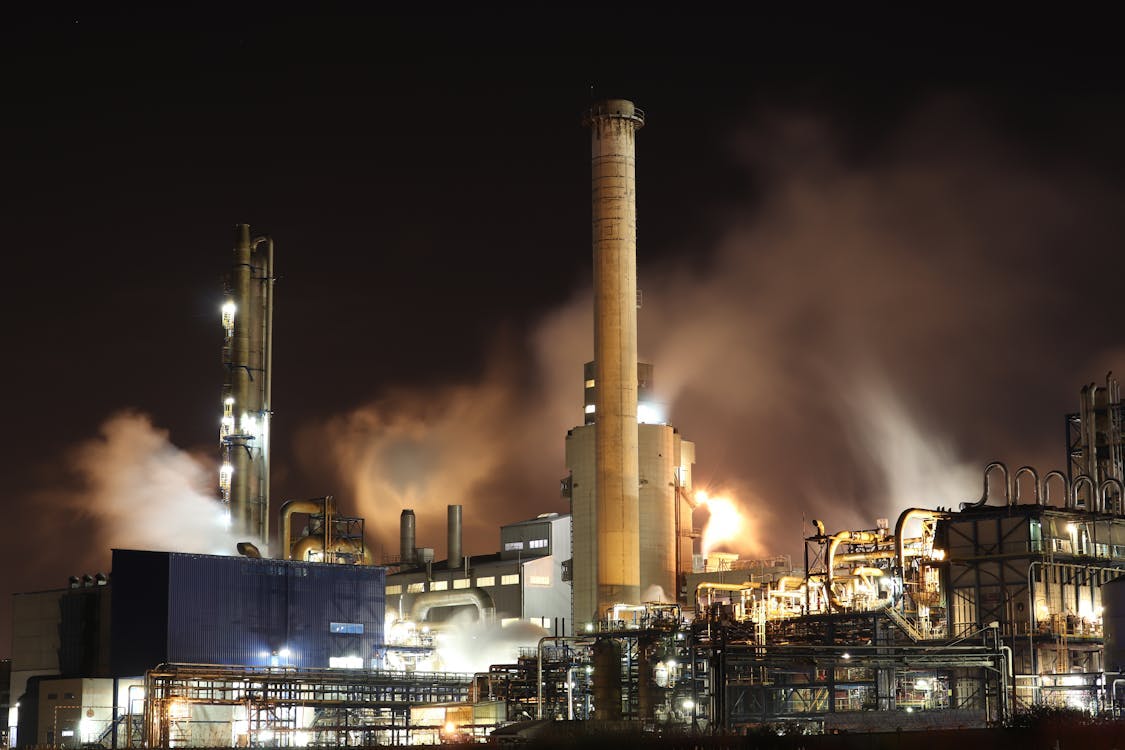Article
Carbon Recycling Initiatives in Iceland
Carbon emissions are an important element in discussions about global climate change and other environmental issues. Every government and private company is working to reduce the amount of carbon dioxide released into the atmosphere. Iceland has consistently supported green energy initiatives, so it is not surprising that a carbon recycling project was commissioned in Iceland last year. This technology captures CO2 emissions from a thermal power plant and converts them into methanol using hydrogen gas produced by electrolysis.
Project Details – Carbon Recycling in Iceland
The carbon recycling project in Iceland is being carried out by Carbon Recycling International, an Icelandic company. This company is based in the capital Reykjavik and was founded in 2016. They have already anchored their goal in the company name, namely carbon recycling, and have been working on this technology ever since. The carbon emissions from a geothermal power plant are used in this process to produce methanol.
Carbon Recycling International's project is designed to produce 5 million litres of renewable methanol per year at full production capacity. This would lead to a double benefit, as the methanol produced in this process will contribute to meeting the fuel needs for cars in Iceland. The liquid methanol produced here must be blended with biodiesel or petrol. It is assumed that the vehicles will not need to make any internal changes in order to use this clean fuel.
The company could consider exporting this renewable methanol to some of the neighbouring countries if transport proves economical. The Icelandic company has already successfully brought its technology for producing renewable methanol from CO2 to some overseas locations such as Germany and China. There is potential for further expansion in Iceland and other parts of the world.

Brief Description of the Process
In the production of methanol, the carbon dioxide molecules are captured from the flue gas of a geothermal power plant nearby. Under normal circumstances, the power plant would have released CO2 into the atmosphere. The carbon dioxide molecules are then subjected to a purification process. This serves as preparation for the next step, the downstream synthesis to produce methanol.
The next critical phase is the catalytic reaction between hydrogen and carbon dioxide. Hydrogen, as already mentioned, is produced by the electrolysis of water. During the process, the gases are compressed. The end result of this process is the formation of methanol. The water remaining in the liquid ethanol is removed and the liquid is purified before it is pumped out. In this process of carbon recycling in Iceland, the vapour from the geothermal system itself is used.
This is a unique initiative to promote the reduction of carbon emissions. Instead of investing in technologies that neutralise the effects of the CO2 released by geothermal plants, methanol is produced here. This serves the dual purpose of producing fuel-grade methanol to power motor vehicles while helping the poor and underprivileged. The economic benefit is that the availability of liquid methanol leads to better fuel management.
These effects also have economic benefits for carbon recycling in Iceland. The methanol produced will save millions of dollars in foreign exchange, as Iceland is a net importer of crude oil and other fuels. The current use of methanol as a car fuel can be limited by blending it with biodiesel or other regular fuels. At the same time, however, efforts are being made to increase this proportion to 100% in some specialised vehicles. The last word on these developments has not yet been spoken. Everything indicates that there are only positive developments in this sector.
If you require any kind of help in Iceland, contact Swapp Agency.